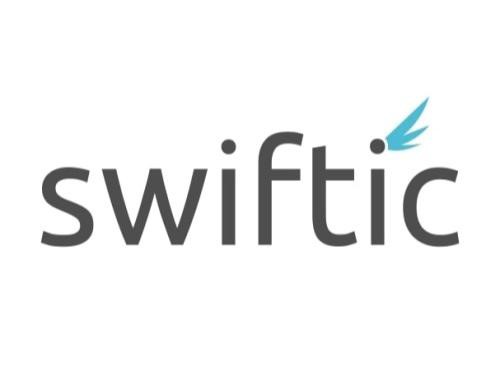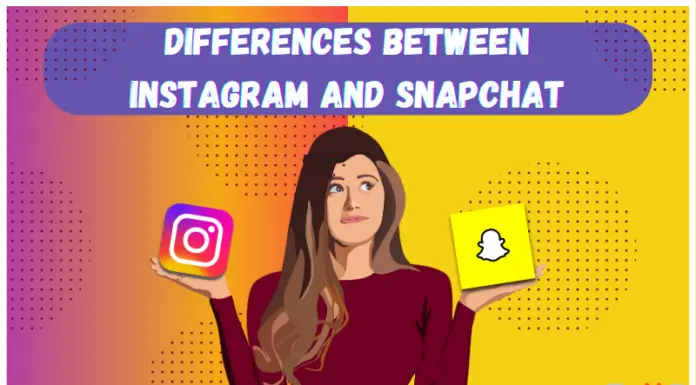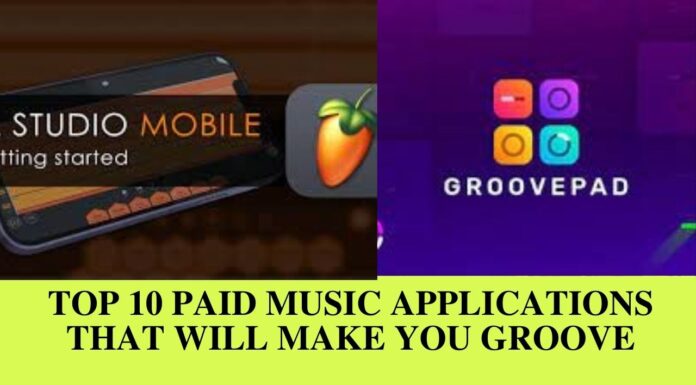A mobile app development framework is a library that provides the required basic structure to develop mobile apps for a specific industry. In other words, it provides the tools with which apps are created. There are three types of mobile application frameworks, namely the Native, Web, and Hybrid applications. The native application is used explicitly for a platform or devices like Android and iOS. The application is written in CSS, JavaScript, and HTML. The web application runs on a web browser, unlike the native apps working on the operating system of the device. The hybrid application combines both native and web apps. These apps are made from a single code base for any platform. In this article, we will discuss the Top 10 Mobile App Development Frameworks in 2022.
1. React Native
Facebook introduced React Native in 2015. It is publicly accessible, cross-platform app development framework. It is a low code Framework that supports both the IOS and the Android. React Native is preferred because it enables quicker development and implementation. Few companies that use react native are Airbnb, Instagram, Tesla, Walmart, etc.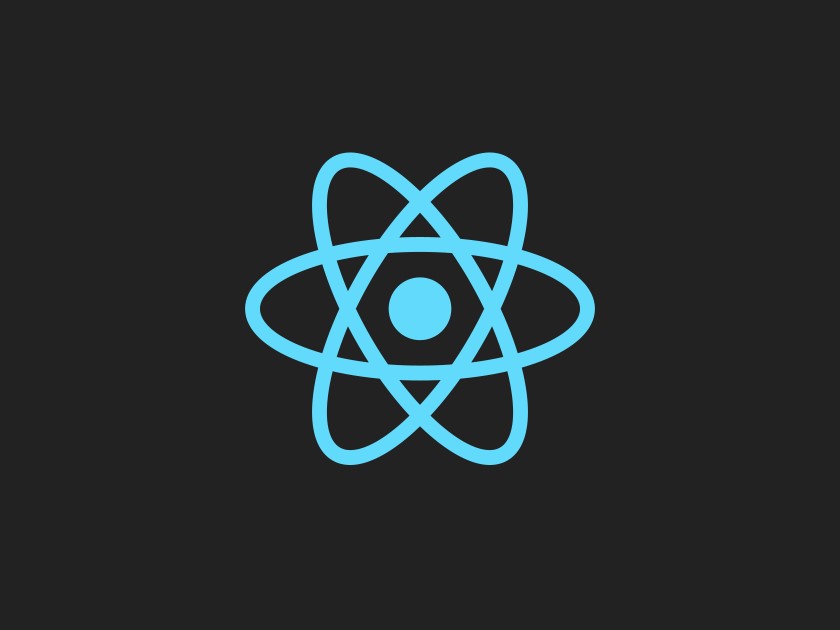
2. Flutter
Google created Flutter in 2017. Flutter is an open-source framework. It is used for making beautiful, natively accumulated, multi-platform applications from a single codebase. Alibaba, BMW, CrowdSource and Dream11 are some of the companies that use flutter. Flutter uses the Dart programming language for creating both iOS and Android apps.
3. Xamarin
Microsoft created Xamarin in 2011. Xamarin is an open-source cross-platform. It makes apps for both Android and iOS. Xamarin enables you to develop native UI on each platform. It uses HTML and JavaScript. Renowned companies like Olo, Pinterest, The World Bank, and Fox Sports use Xamarin for their mobile app development.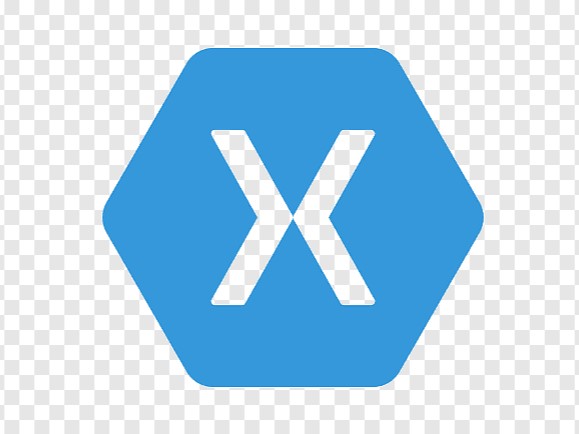
4. Ionic
Ionic is an open-source mobile toolkit for creating high-quality, cross-platform native and web app experiences. It races with a single code base, operating everywhere with JavaScript and the Web. It provides robust cloud services that help ship faster and update your apps in real-time. Pacifica, MarketWatch, McDonald’s Türkiye, JustWatch and Sworkit are some of the companies that use Ionic.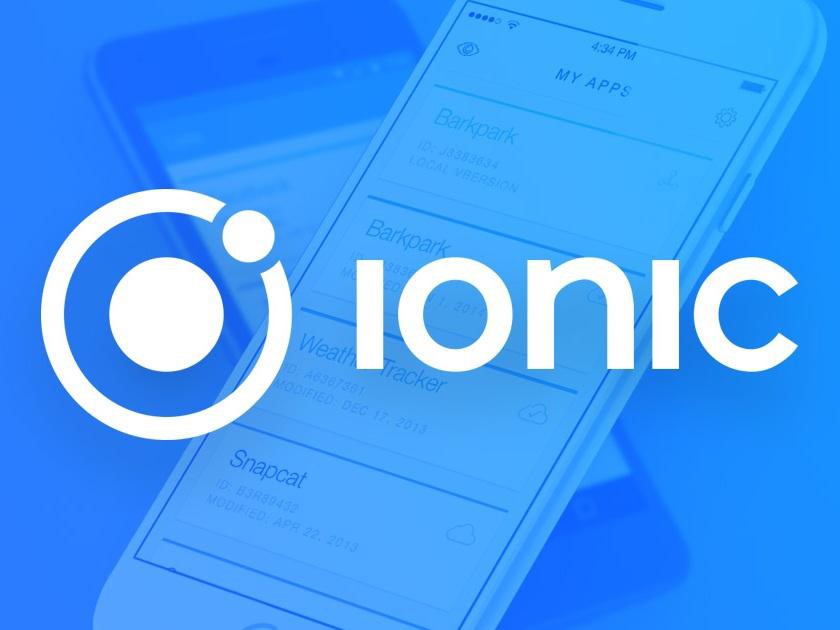
5. Apache Cordova
Apache Cordova was created by Nitobi, a software company, in 2011. Apache Cordova is an open-source framework. With their HTML, CSS, and JavaScript content, web developers can create a native application for various mobile platforms. Apache Cordova is used by companies like Walmart, Adobe, Forum.eu, domclick, DAZN.com, and many more.
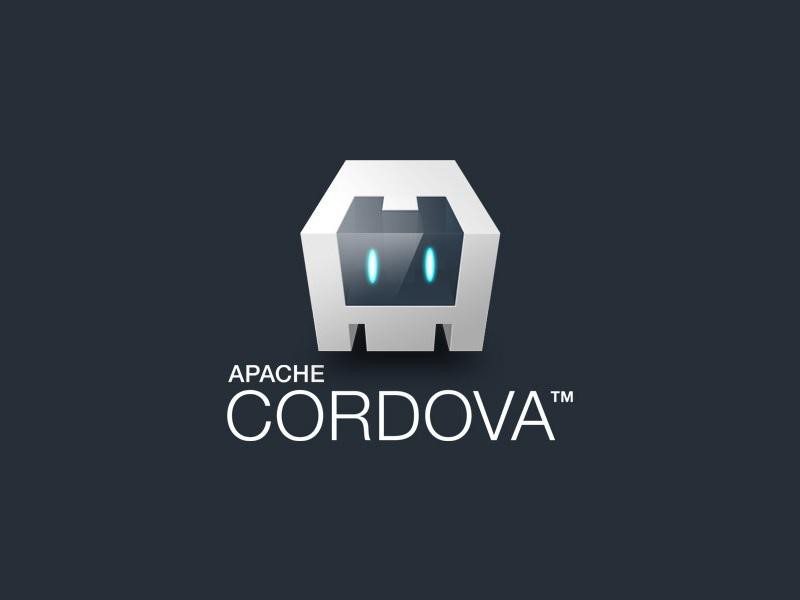
6. Angular
The angular platform is for creating mobile and desktop web applications. It is an open-source application. Angular was built by Miško Hevery, a Senior Computer Scientist at Google, in 2010. Angular is Typescript-based. Microsoft, Gmail, Forbes, UpWork, PayPal, Grasshopper, Samsung, Delta, and Overleaf are some of the well-known companies using Angular.
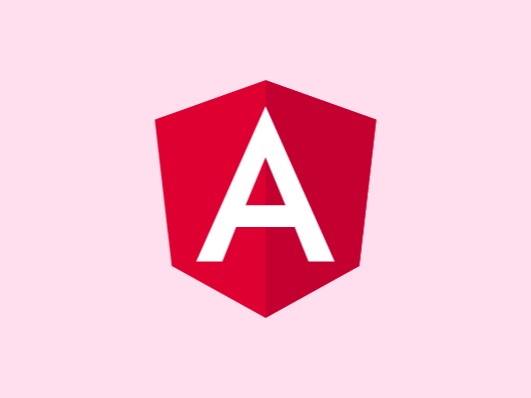
7. NativeScript
Progress Software Corporation created NativeScript in 2014. It is an open-source framework for developing mobile apps. It supports both iOS and Android platforms. NativeScript uses JavaScript. It has a fast operating speed, updated SDKs, and seamless app performance, among other features. SAP, Puma, and Deloitte are some companies that use NativeScript.
8. Framework7
Framework7 is a free and open-source framework for creating mobile, desktop, or web apps. Framework7 uses HTML5 and JavaScript programming languages. It supports both iOS and Android. The framework was built in 2014. Ristoranti.it, Otelika, tanmer, Ziyuno, Tokodistributor, Ultracode Systems, CodersRank and Katkat Game are some of the companies using Framework7.
9. Meteor
Meteor is an open-source, cross-platform framework supporting Android, iOS, and the web. Meteor was created in 2012. It uses JavaScript. The Meteor is famous because of its speed. Meteor provides features like hot code reload, automatic CSS & JS minification, and reactive templates. Few companies that use Meteor are MarketCube, Avion, Wekan, Tutor Mundi, Telescope, Pozible, Plutio and Nosqlclient.
10. Swiftic
Swiftic has been in the app-making business since 2014. It was formerly known by the name Como. Apps created with swiftic are fully compatible with iPhone, iPad, and Android devices. It is simple to use and has excellent success rates with small businesses. Freelancers, Mid Size Businesses, Non-Profit, Public Administrations, and Small Businesses are significant users of Swiftic.
Understanding what you want from your app and selecting the right kind of framework accordingly can produce profitable results. Share your experiences of using the Frameworks in the comment section, and if you have not yet used any of the Frameworks, let us know which Framework you want to start with.







